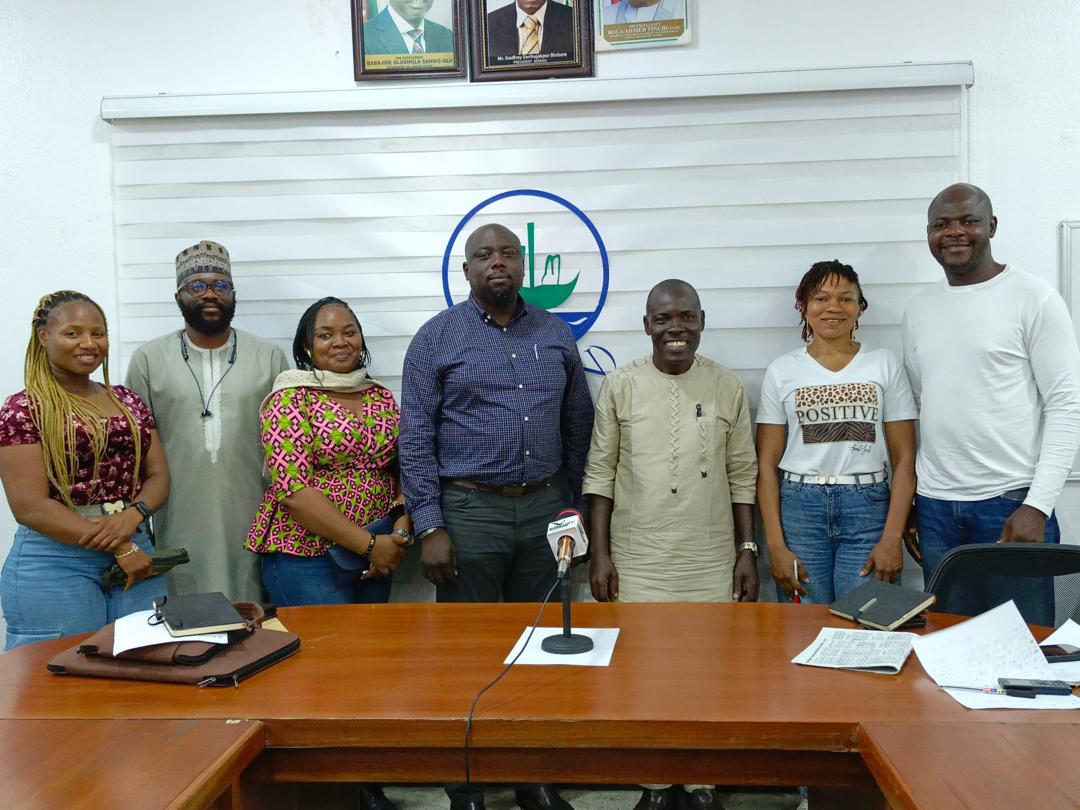
The Maritime Security Providers Association of Nigeria (MASPAN) has highlighted the significant financial losses that shipowners and importers suffer due to prolonged investigations related to drug trafficking and stowaways.
These complications MASPAN said arise particularly in countries lacking the legal frameworks necessary to address such cases efficiently.
Speaking at a press conference held at the Maritime Reporters Association of Nigeria (MARAN) secretariat on Friday, the Chairman of the AMANO/MASPAN Planning Committee, Mr. Emmanuel Maiguwa, shed light on the challenges faced by the maritime industry in this regard.
According to MASPAN, when drugs are discovered on a ship at a port, the vessel can be detained for weeks or even months as authorities work to identify the source and suspects. Similarly, investigating the origin of stowaways found on a ship often requires the detention of the vessel for extended periods, resulting in substantial financial losses for shipowners, which are often passed on to importers.
These challenges, MASPAN argues, contribute to the continued imposition of war risk charges on importers in West African countries, including Nigeria, despite the absence of piracy incidents in the Gulf of Guinea over the past two years.
MASPAN also expressed concerns that seafarers are increasingly reluctant to work in countries without clear legal protocols for handling drug and stowaway cases. The complications arising from these incidents can lead to severe consequences for seafarers, further exacerbating the challenges faced by the maritime industry.
In response to these issues, MASPAN, in collaboration with the Alumni of Maritime Academy of Nigeria, Oron (AMANO), is organizing a summit to bring together industry stakeholders and relevant drug regulatory agencies. The aim is to assess Nigeria’s capacity to handle drug trafficking and stowaway investigations efficiently.
Mr. Emmanuel Maiguwa, Chairman of the summit planning committee, emphasized the need for swift resolution of these issues. “When drugs are discovered on a ship, regulatory agencies must detain the vessel for investigations. This process can take an extended period, during which the ship incurs significant costs. As a result, ships are often hesitant to do business in countries where they face the risk of prolonged detention,” he stated.
He further added, “Our goal is to bring this issue to the attention of the industry and develop a solution that allows the country to handle these cases swiftly. We are looking at examples from countries where similar issues are resolved within 24 hours.”
The upcoming maritime summit on Drug Smuggling and Human Trafficking by Ship, scheduled for August 22, 2024, at Eko Hotel, Victoria Island, Lagos, will be chaired by the Honourable Minister of Marine and Blue Economy, Mr. Gboyega Oyetola. The event is expected to chart a new course for the maritime industry under the guidance of President Bola Ahmed Tinubu.
Maritime stakeholders interested in attending the summit are encouraged to contact the planning committee to register for the event.
Mr. Maiguwa, who also serves as the Chief Executive Officer of Bricks Limited, a maritime security firm, expressed his concerns over the impact of these incidents on the industry. He revealed that ships have been detained for months, with crew members often placed on trial and separated from their families for years in drug smuggling cases.
He added, “In the case of human trafficking, stowaway incidents, particularly in Lagos ports, have led to significant delays for vessels. When stowaways are discovered after a vessel has departed, shipowners are burdened with complex administrative procedures that further exacerbate the situation.”
Highlighting the broader implications, Maiguwa said, “These activities disrupt shipping operations, increase costs, and traumatize seafarers. They are counterproductive to Nigeria’s efforts to realize the potential of its ‘blue economy.’ Our objective is to align with critical agencies to reduce, if not eradicate, drug and human smuggling in the maritime domain, ensuring that perpetrators are penalized and innocent parties are not unduly affected.”
The summit is expected to conclude with stakeholders arriving at actionable solutions and establishing a working group to ensure the implementation of the resolutions reached.















